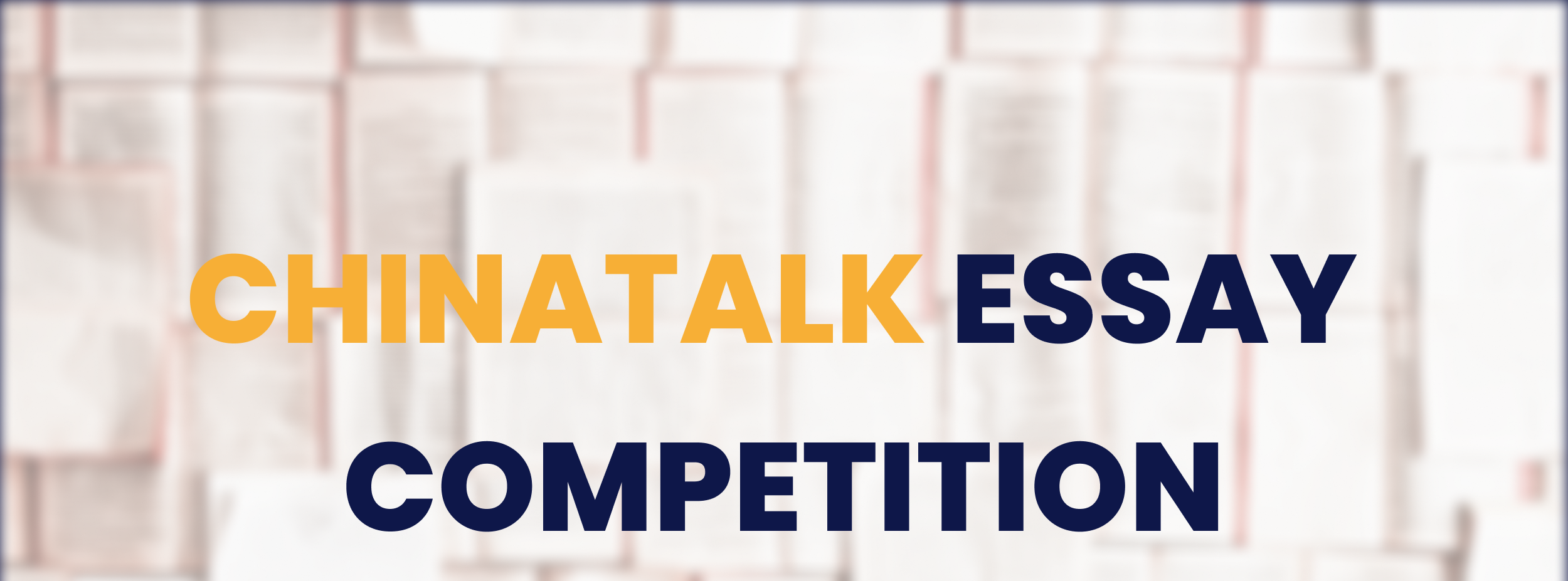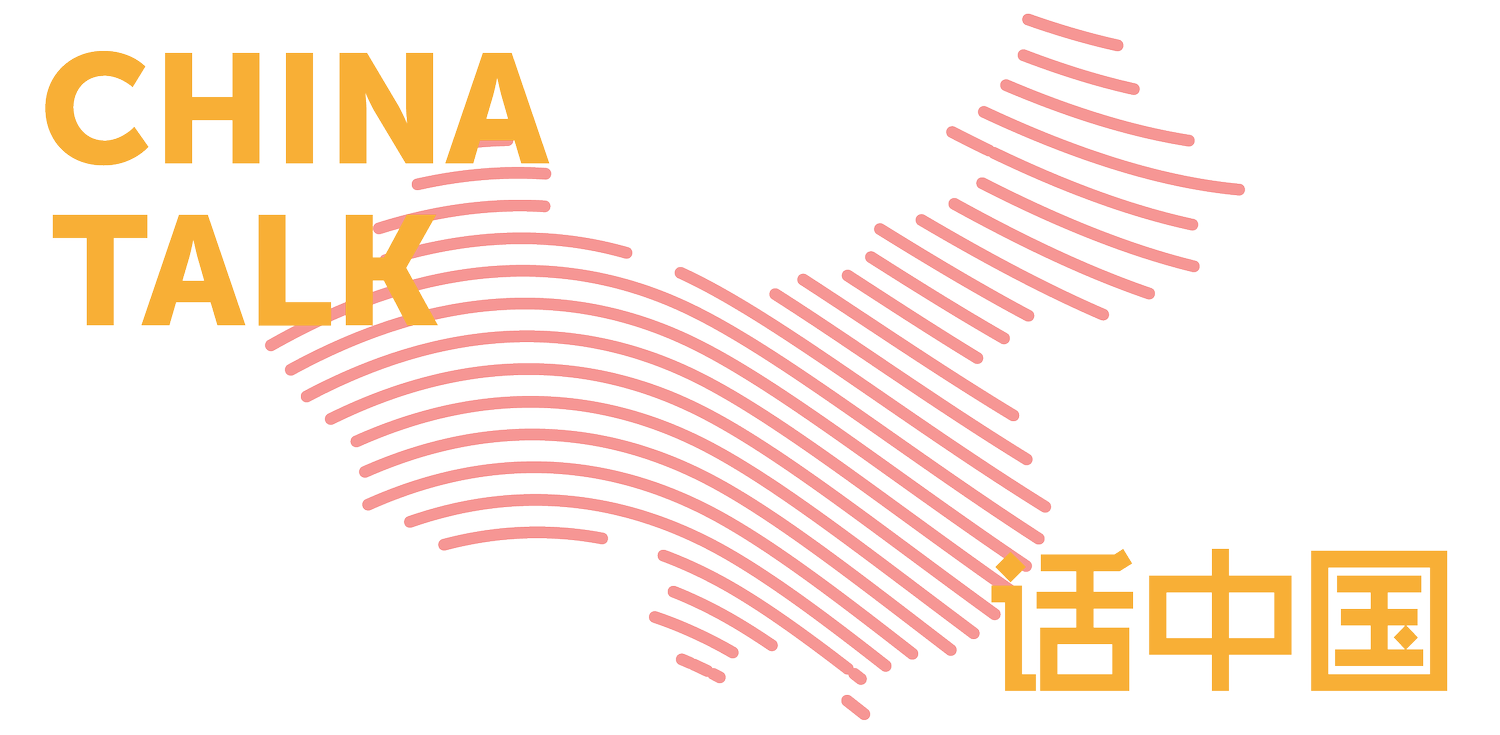
Congratulations to our Winners!
Thank you to all who participated! Here’s this year’s winners:
First Prize:
https://manifund.org/projects/irreconcilable-irredentism--a-new-sino-soviet-split
Second Prize:
Third Prize:
https://manifund.org/projects/chinas-ai-ascent-implications-of-global-technological-leadership
Thank you to everyone who participated this year!
Our winning Predictions:
-
Russia and China are forging new ties. Their “No-Limits” partnership announcement left the world wondering, had Xi known about Russia’s plan to invade Ukraine when the agreement was signed? Or did Putin leave China in the dark, hoping to use the agreement to extract support for the invasion?
Partnership is certainly convenient, as the two authoritarian countries mutually resent the US-led international order. The question currently facing the West is whether this partnership of convenience will become a lasting Russia-China axis.
Substantial empirical research indicates authoritarian countries make poor allies due to a lack of institutional accountability (Gaubatz 1996; Choi 2003). The history between Russia and China arguably supports this conclusion – the Soviets reneged on their promise to give China a prototype nuclear weapon, which helped to kick off the Sino-Soviet split (Gerson 2010). Furthermore, disagreements over communist ideology during this era caused disagreements to spiral.
However, in 2024 Russia and China appear less committed than ever to ideological purity – see the Chinese Communist party decrying the trap of “welfarism.” If the autocracies of today have truly forsaken all principles other than self-interest, is a new “Axis of Evil” inevitable?
-
China's AI Ascent: Implications of Global Technological Leadership
In the race to develop and deploy advanced artificial intelligence (AI), China is positioning itself to overtake the United States as the global pacesetter within the next decade. I predict that by 2030, a Chinese technology company will surpass leading American tech giants in creating the world’s most sophisticated AI systems. If current trends hold, China’s rapid progress in AI could shift the balance of economic and technological power between nations and confer significant strategic advantages to Beijing.
China’s rising prominence in AI builds upon recent decades of outstanding economic growth and deliberate policies to transform the country into a world-class science and technology powerhouse. Fueled by substantial government funding, a flourishing start-up ecosystem, and access to vast datasets from China’s 1,079 billion internet users, machine learning research and development is thriving across leading academic institutions and private enterprises. Demand for AI skills has never been higher within China’s thriving technology sector, prompting major investments in STEM education and AI talent development.
I argue that this confluence of data abundance, computing infrastructure, capital, and human talent has cultivated the perfect petri dish for innovations in deep neural networks, computer vision, natural language processing, and other cutting-edge domains. If Beijing plays its cards right, Chinese companies could plausibly beat Silicon Valley firms at their own game - by building the first artificial general intelligence (AGI) or pushing AI into revolutionary new frontiers. And once such technological supremacy is achieved, China may leverage its newfound status to pursue economic and political dominance on the global stage.
The prospect of China spearheading the next AI revolution warrants thorough analysis and discussion. In this essay, I will highlight China’s most formidable strengths in the AI race, provide evidence on how Chinese companies could surpass AI leadership in the US, and explore potential impacts if my prediction comes to fruition. Key questions surround whether China can overcome still-formidable obstacles, how emerging AI superpowers could cooperate rather than compete, and what the tech policy priorities should be for Western nations to stay competitive in the age of intelligent machines.
-
The European Commission investigation into Chinese electric vehicle subsidies seems like a suspenseful thriller, but don’t be fooled—predicting its outcome is oddly certain.
Despite the flashy presentations by Frau President Ursula von der Leyen (VDL), navigating the myriad factors shaping its potential trajectory and the inherent complexity of its attainment, one would expect a cautious approach.
But no! The answer seems to be written in bold, even if deciphering feels like solving a cryptic crossword: yes, we can. It is going to be as straightforward as catching a fish in a barrel—highly successful:

